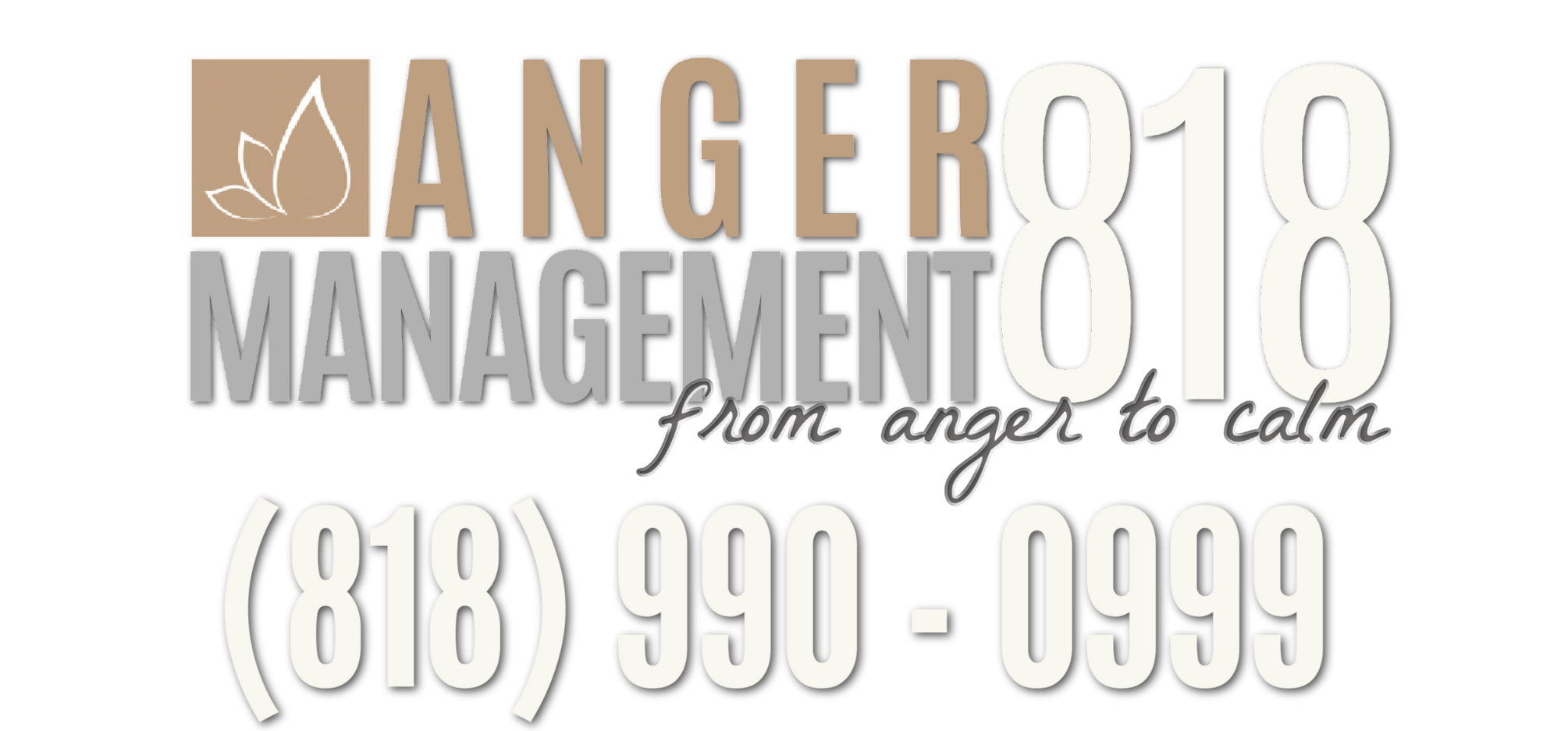When it comes to anger, one difference that many people overlook is that of sex: men and women express anger differently.
From childhood, girls are discouraged from expressing their anger outwardly and physically. Due to this and a number of other circumstances, anger is often misdirected in malicious ways such as passive-aggressive behavior including the silent treatment, gossiping, and starting rumors about others. Because women are perceived in many societies to play the role of a caregiver, a nurturing person, and a loving individual, they are often socialized not to express their anger in a healthy way, without knowing that this is harmful to them. This is where unhealthy behavior is formed and reinforced in the form of overeating, self inflicted pain, depression, and more.
However, some studies suggest that because women are socialized in a certain way, they may be better suited than men to manage anger. For example, women tend to vent to their friends about their upsetting situations and angry feelings and find it helpful to discuss their concerns. This helps with a resolution to anger issues.
A woman’s anger might also be triggered by factors such as feeling powerless, seeing injustice, and the irresponsibility of other people. Factors such as interpersonal relationships, unfair treatment, harassment, and threat, can lead a woman to feel angry.
At Anger Management 818, we have designed a helpful program covering Anger Management for Women, supporting those in the Greater Los Angeles Area and nationwide. We have found that some women feel more comfortable when they are among other women in a group setting, and they can focus on their common approaches to reacting to upsetting situations. Whether a woman is enrolling because of court ordered anger management or voluntary basis, the group offers a safe platform to learn about the necessary skills.
The following are five strategies that can be effective for anger management:
- Self-awareness: Begin by cultivating self-awareness. Identify what triggers your anger, and pay attention to physical and emotional cues.
- Communication: Expressing anger assertively and constructively is key. Learn to communicate feelings in a clear and calm manner. Use “I” statements to avoid blaming others and focus on the specific behavior or situation which bothers you.
- Healthy Outlets: Engage in activities that provide healthy outlets for anger, such as physical exercise or journaling. These activities not only help release pent-up energy but also foster a sense of control.
- Mindfulness and Relaxation Techniques: Incorporate mindfulness practices and relaxation techniques into your routine. Deep breathing, meditation, or yoga can help manage stress.
- Seeking Support: Recognize when professional support may be beneficial. Therapists specializing in anger management can provide tailored strategies and a safe space for women to explore and manage their emotions.
Anger, when approached with understanding and managed effectively, can be a powerful tool for personal growth and empowerment. By challenging societal norms, fostering self-awareness, and embracing healthy coping mechanisms, women can navigate anger in a way that aligns with their authentic selves. Contact us at Anger Management 818 to learn about anger management techniques that address the unique challenges women face in societal and cultural contexts. Our program offers virtual and in person anger management classes in the Greater Los Angeles area.
Licensed Marriage and Family Therapist (LMFT), Certified Anger Management Specialist, (CAMS-IV). Anita Avedian, LMFT, CAMS-IV, is the President of Anger Management 818, located in Sherman Oaks, Woodland Hills, Glendale and Studio City. She is very passionate about helping individuals and couples gain insight and learn how to navigate through their anger so that they express themselves more assertively and not hurt one another. Anita has authored the program, Anger Management Essentials, a 52-week program for adults, to help individuals realize that anger is a normal emotion. By learning and incorporating strategies including setting boundaries, improving emotional intelligence, and techniques to regulate anger can help reduce aggressive behavior. With 25 years of therapy experience, including working with couples and individuals, Anita is seasoned in her work. Contact Anger Management 818 to learn more about our anger management program at (818) 990-0999.




